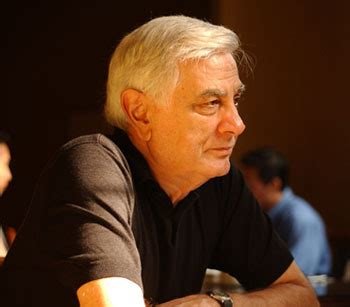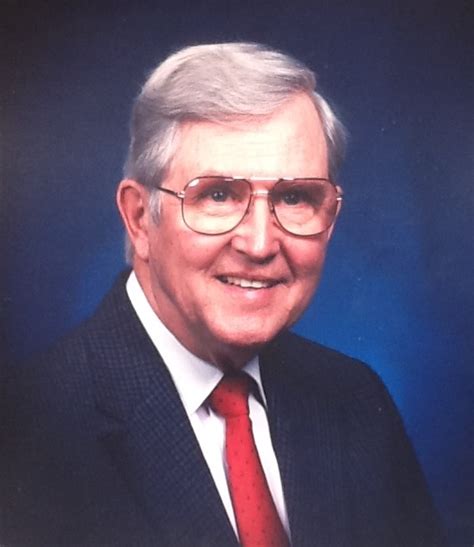A Quote by Maajid Nawaz
Neoconservatism had the philosophy that you go in with a supply-led approach to impose democratic values from the top down. Whereas Islamists and far-right organizations, for decades, have been building demand for their ideology on the grassroots.
Related Quotes
The nuclear approach I'm involved in is called a traveling-wave reactor, which uses waste uranium for fuel. There's a lot of things that have to go right for that dream to come true - many decades of building demo plants, proving the economics are right. But if it does, you could have cheaper energy with no CO2 emissions.
Descartes, the father of modern philosophy ... would never-so he assures us-have been led to construct his philosophy if he had had only one teacher, for then he would have believed what he had been told; but, finding that his professors disagreed with each other, he was forced to conclude that no existing doctrine was certain.
Some of my unhappiest moments have been in organizations. Somehow it seems to be quite respectable to do things in organizations that you would never do in private life. I have had people insult me to my face in front of colleagues. I have had my feelings rammed down my throat on the pretext that it would do me good. I have been required to do things which I didn't agree with because the organization wished it... In my worst moments I have thought organizations were places designed to be run by sadists and staffed by masochists.
Organizational Development: The New Christian Right of the 1980s was dominated by paper organizations that were essentially the mailing lists of a handful of politicized ministers. Such organizations were better at issuing press releases than doing the hard work of political mobilization and advocacy. By contrast, the movement of the 1990s has generated a plethora of grass-roots organizations that allocate meaningful responsibilities to individual members. The goal is to create an army of grassroots activists who know how to stimulate political change.




































